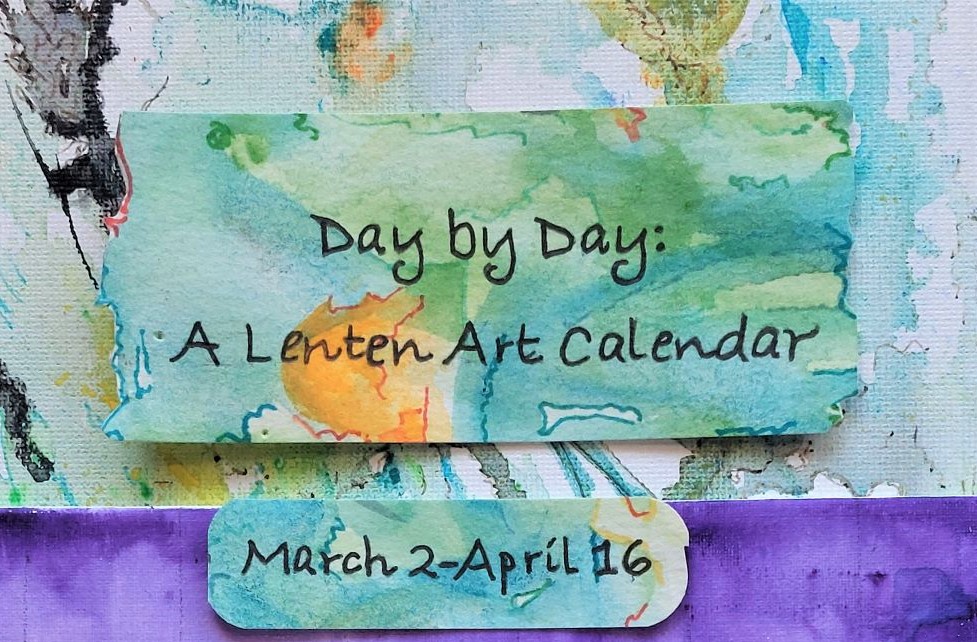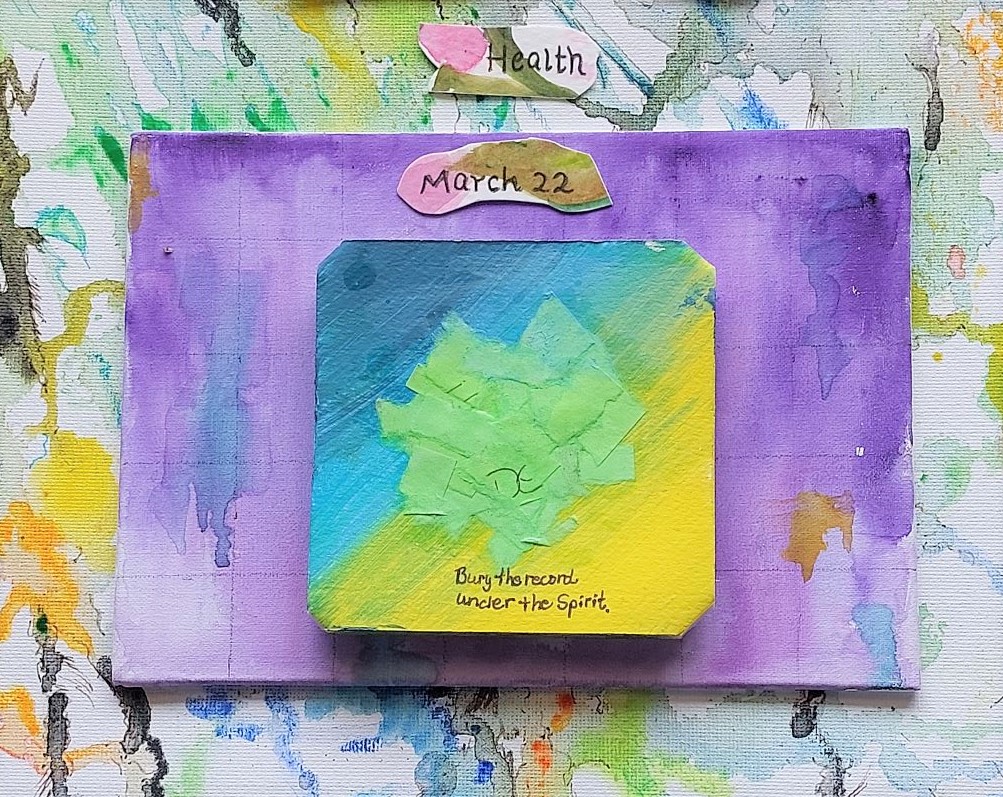
The Scorekeeper
It was an hour before sunset and the game was already in the third inning. I was sitting high on my perch just beyond left field that warm summer evening, my skinny legs dangling off the narrow ledge that ran the length of the wooden scoreboard. By my side was a box of numbers, each wooden rectangle pierced with two nail holes near the top. I was keeping score for a Senior League game of high school boys between the Higgenbotham Lumbermen and their opponents. My baseball-loving dad was the Lumbermen’s manager, meaning he arrived long before the regular fans began to file into the creaky metal bleachers. I always tagged along, hoping to secure the coveted role of scorekeeper. No real qualifications were necessary. Just be the first person to show up at the tin-roofed announcer’s booth, grab the box, and run to the outfield. Scorekeeping skills included a willingness to balance precariously on the splintery platform and to listen for the announcer’s voice giving the updates of outs and runs. Our simple system didn’t include the pitch count, the balls and strikes, or the errors. That left plenty of time for me to sip on a cherry snow cone and talk to the left fielder standing a few yards away. The only hazards of the occupation were the splinters from the rough wooden planks and a tendency to fall off when I got too enthusiastic about a hit from “my” Lumbermen. Occasionally, the announcer had to prompt me to hang the numbers, but usually I was right on top of the action. As a scorekeeper, I was one of the best.
Knowing how to keep score may have grown rusty in my skill set over the years, but it has not entirely disappeared. The tendency to harbor minor slights and slurs still surfaces. Though I seldom air those grievances, they do fester like one of those scoreboard splinters and affect my ability to relate kindly with others. Like most of my less than admirable qualities, scorekeeping hurts me most of all. The job of scorekeeper takes a lot of energy. It’s not easy keeping track of my own mistakes, let alone the annoyances or thoughtless acts of others. The list piles up and spills over and I’d be foolish to think that I’m immune to others’ barbs, or that I’m somehow too noble to keep a mental accounting sheet. When my record starts to look like Santa Claus’ list of naughty and nice, then it’s time for a reset. That usually involves prayer and patience (That sounds too saintly, doesn’t it?). Okay, what it also involves is taking a brisk walk along a rural road and talking quite loudly to myself or writing a list and throwing it away. Unlike in baseball, no one wins when this kind of score is kept, no matter how accurate that score may be. Sometimes, it’s best to file a few things in the trash, and get ready for a new start tomorrow.
No psychologist, minister or therapist would ever suggest that we can dispose of serious hurt that easily. It’s not healthy for our minds, souls, and bodies to harbor resentment or ignore trauma. I agree completely. I still seek help to deal with a long-ago tragedy that impacts me and my family to this day. In critical matters of the heart, soul and body, it is best to uncover secrets, to honestly reflect, and to work towards resolution and forgiveness. Dealing with the day-to-day friction of living alongside other imperfect humans, however, is another matter. It rarely helps to appoint oneself a scorekeeper whose job it is to make things come out fairly (They seldom do), to be confidently accurate (I seldom am), or to stockpile proof of mistakes (I find that burden hard to lug around).
As a kid, I loved being a scorekeeper, but some things are better left to nostalgia. It’s especially hard to resist scorekeeping when I truly am the injured party, but what does that accomplish? I can look to Christ who refrained from collecting grievances, serious as they were. I can drop the scorecards and create a new job description: Generosity and poor accounting skills essential; Trash can and shredder required. Someday, I hope to say: As a scorekeeper, I’m one of the worst.
No more tit-for-tat stuff. Live generously. You’re familiar with the old written law, ‘Love your friend’, and its unwritten companion, ‘Hate your enemy’. I’m challenging that. I’m telling you to love your enemies. Let them bring out the best in you, not the worst. When someone gives you a hard time, respond with the energies of prayer, for then you are working out of your true selves, your God-created selves. This is what God Does.
Matthew 5: 42-45 The Message

At first glance this tile doesn’t look like much of anything, just some bright colors and vague shapes. If you look closer, you’ll notice what looks like dozens of small pieces of paper piled up in the center. Covering these bits of paper is a thick layer of acrylic paint, creating a three-dimensional effect. You can see the vague shapes of some letters here and there in the pile. If you could scrape that thick covering off, you would find that each little scrap of paper contains the words of a grievance that I was holding onto the day I created this tile. I remember writing furiously and ripping the papers apart. I remember gluing them down. I remember painting them over. I wrote a message to myself. Bury the record under the Spirit. I remember that I was definitely in the right, (Of course I was!) I look at that tile today and I remember all of that …What I don’t remember anymore is what is written on those scraps of paper that I buried there. Covered by the Spirit, the paper shapes are firmly glued down, the letters barely discernible. I don’t plan to dig them up.
O God, we all participate in score keeping of one sort or another from time to time. It takes a lot of energy to keep score, energy we would rather direct toward healing. Help us find a more excellent way, your way of love and forgiveness. Amen.



2 Comments
Nita Gilger
I love this story and remember your dad fondly. I also appreciate your honesty. Thank you for a powerful reminder of the need to name hard things and then invite the Spirit to heal us. Your tile speaks volumes.
Donna Easley
I loved this story!!!